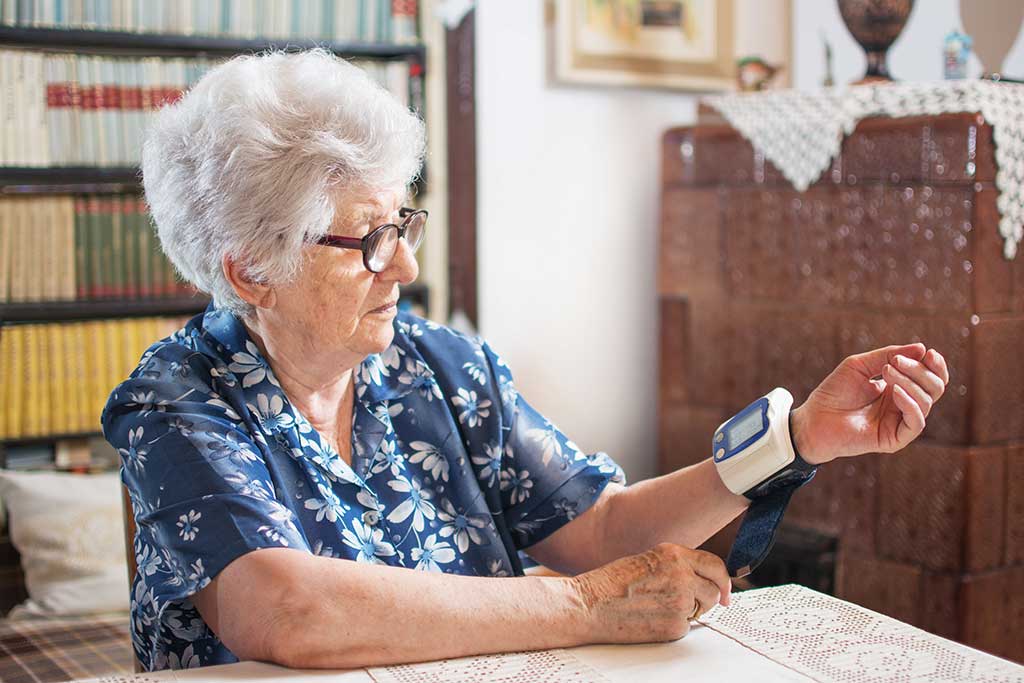If you’re over the age of 65, you might have heard people mention the new normal blood pressure for seniors, but what does that mean? What are the signs of high blood pressure in older adults? And what are the symptoms of low blood pressure in aging family members? This article will help you find out if your blood pressure is considered normal and what changes you should make to ensure that it stays at an optimal level.
What the New Blood Pressure Guidelines Mean for You
High blood pressure used to be defined as anything over 140/90 mm Hg. Then it became 130/80, and recently, 120/80 has become the new normal blood pressure. But does lower numbers always mean better? Nope. Just because your new number is 110/70 doesn’t mean you can throw away your meds or have a carefree attitude about eating cake—no matter what some commercials say. The problem with setting new numbers for ‘normal’ is that there are so many other factors involved. If you have diabetes or kidney disease or are at risk for heart disease, keep up with treatment regardless of what numbers on a sheet of paper say you should shoot for.
Factors Contributing to High Blood Pressure
- Smoking: Smokers have a greater risk of developing high blood pressure. In one study, researchers found that smoking almost doubles a person’s risk of developing hypertension. Some experts say smoking is responsible for roughly 25 percent of all cases of high blood pressure in America today. This finding isn’t surprising when you consider that smokers tend to be less active and more overweight than non-smokers, leading to a higher risk for heart disease, diabetes, and stroke.
- Obesity: Overweight and obesity are associated with high blood pressure, but it is not yet clear whether weight gain causes hypertension or both arise from a common cause. Obesity may be a secondary factor that contributes to high blood pressure.
- Lack of exercise: Inactivity has been proven to be a factor in developing high blood pressure. In fact, studies have shown that just 30 minutes of exercise a day lowers systolic blood pressure by approximately 5 points and diastolic by 3 points.
- High Salt Intake: While salt is necessary for normal body function, too much sodium can raise blood pressure levels. The best way to cut back on salt is to reduce your consumption of processed foods and consume more fresh vegetables, lean meat, and whole grains.
The Answer to High Blood Pressure in Seniors
- Eat a Heart-Healthy Diet: High blood pressure is more common in people who eat a lot of processed and fried foods. Instead, try eating more fresh veggies and lean protein sources such as poultry or fish to keep your heart healthy.
- Take Steps to Manage Daily Stress: We all get stressed. Sometimes it’s just a natural byproduct of everyday life, such as work and family, and sometimes we put ourselves under stress—getting into arguments or worrying too much. Learning how to relax is one of the most important things you can do for your health. Being able to keep stress in check lowers your blood pressure. Research shows that people who reduce their stress are less likely to have high blood pressure, heart disease, diabetes, depression, or other illnesses.
Get a Good Night’s Sleep: Having enough sleep is one of, if not the most important thing you can do for your health. Sleep deprivation makes your body produce more stress hormones, raising blood pressure and creating a vicious cycle. Studies have shown that people who don’t get enough sleep have a higher risk of developing high blood pressure in later life. A healthy night’s sleep is 7-8 hours long.







